


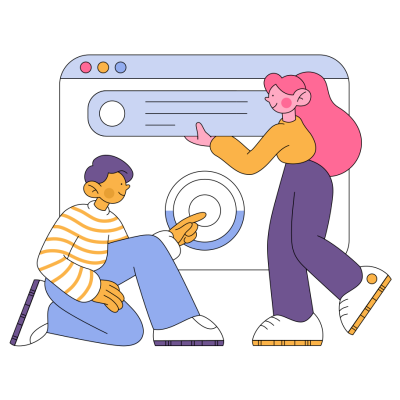
What is the PEERSolvers project ABOUT?
A project funded by the Science Fund of the Republic of Serbia through the IDEAS program, to work on a model for collaborative problem solving in education and its application to the formal educational system in Serbia.
The project is about the answers to these how-to questions:
- How to develop better collaboration between adolescents for problem solving in the classroom?
- How to develop the ability to find better solutions for learning problems in the classroom?
- How to make the development of students’ personal competencies better and deeper through classroom work?
- How to better understand learning through the collaboration process in our schools?
- How to develop and test the specific programs for the formal educational system in Serbia?
- How to make guidelines for the design of similar programs and better classrooms, based on our research and evidence?
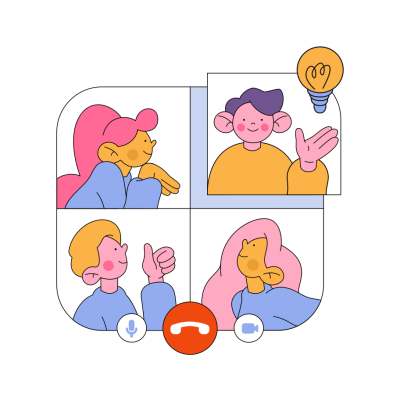
HOW are we developing better classrooms?
Starting from sociocultural psychology, developmental psychology and educational sciences, we will develop the innovative model for collaborative problem solving, based on the data and research from our society and schools.
Thus, we are creating a model.


Creating a model is a process of selection of the most influential factors
that make collaboration effective.
In our case, we are carrying it out in two phases.
First phase objective — to develop a PEER model-based training for adolescents...
… based on:
- data about individual and group-level factors of (un)productive peer interaction,
- personal themes through which these factors appear in CPS,
- adolescents’ past experiences with and attitudes towards CPS.
Second phase objective — to implement the PEER model of training...
… during the teaching/learning process and test it in two intervention studies.
The first intervention study will examine the training’s effects on two group-level variables:
- the quality of interaction during CPS,
- the quality of the solution to the presented real-world (complex) problems.
In addition, we will use the data from this study to make any final adjustments to the PEER model-based training.
The second intervention study will test the effects of the final version of the training on two individual level variables:
- scientific and civic problem-solving competencies,
- participants’ subjective experience of CPS.
The model will then be used as the groundwork for developing an evidence-based collaborative
problem-solving training program for classrooms.

What is the PEER model?
A model for designing teacher training programs based on four elements of effective collaborative problem solving.
We call those elements P, E, E, and R. 🙂
P
Personality differences in joint peer activities —young people need to be taught to appreciate and benefit from the participation of different personalities in collaborative problem solving.
E
Rules and values of Exchanging ideas in dialogue — adolescents need to be acquainted with them in order to raise the quality of their interactions and prevent them from turning into persuasion and conflict, or ending in disengagement and withdrawal.
E
Development of Emotional intelligence and (more generally) socio-emotional competencies — students need to be able to respect each other’s different personalities and follow the rules of constructive dialogue.
R
External Resources — such as scaffolding, provided by an experienced instructor and digital media.
What will be the OUTCOMES of the PEERSolvers project?
Compiling these four elements, the described model not only provides an original synthesis of available knowledge on the psychological factors contributing to CPS, but also will serve as the groundwork for developing an evidence-based CPS training program.
Competencies such as collaborative problem solving, critical thinking, the ability to examine issues of global and local significance, the ability to understand the perspectives of others and to evaluate actions and consequences are of critical importance for young people.
Educational systems that embrace the need for such competences are likely to be the ones that equip students to live in an interconnected and diverse world and to benefit from it.
Our project will be the step towards that, to develop schools as the only socialization agents that have the possibility of a systematic and comprehensive influence on young people in that direction.
Our research team
Our research team consists of full professors, associate professors, assistant professors, research associates and research assistants from the Department of Psychology at the Faculty of Philosophy (University of Belgrade) and the Institute for Educational Research in Belgrade.
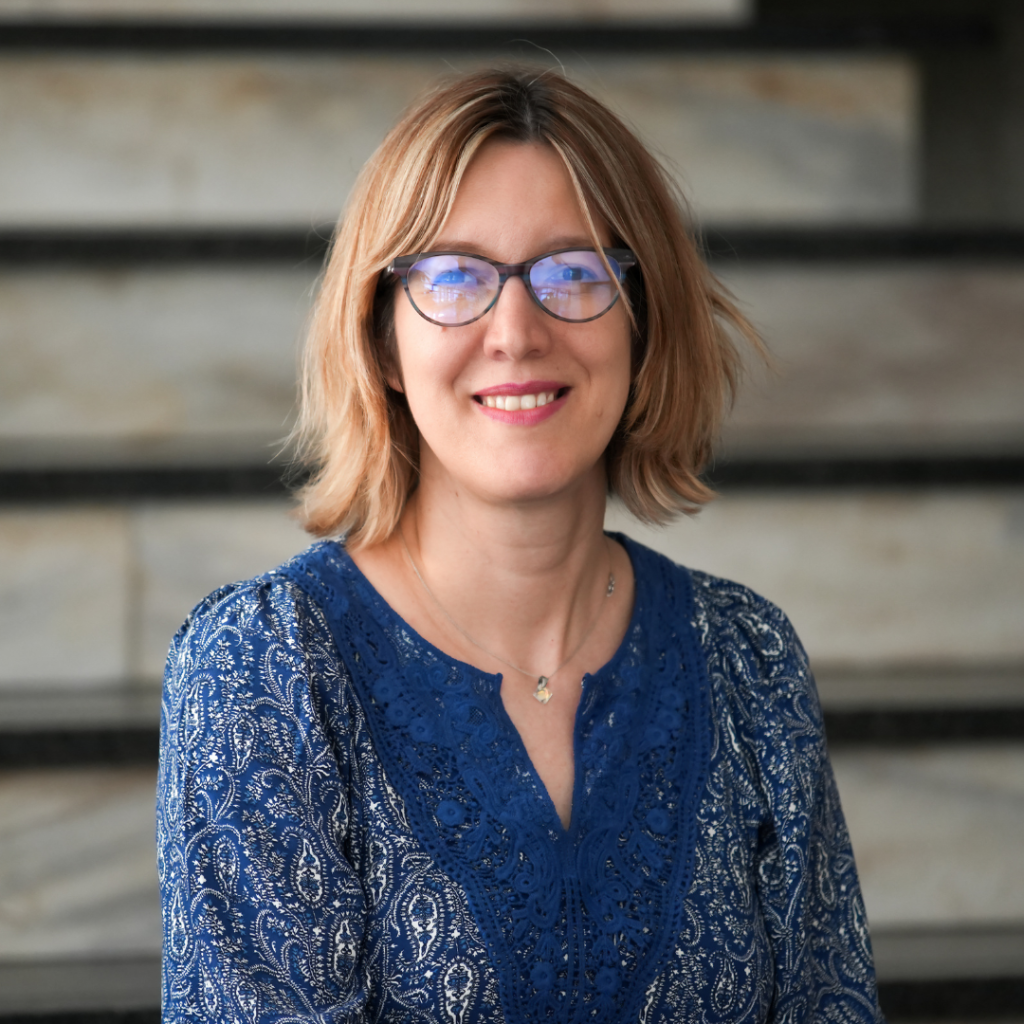

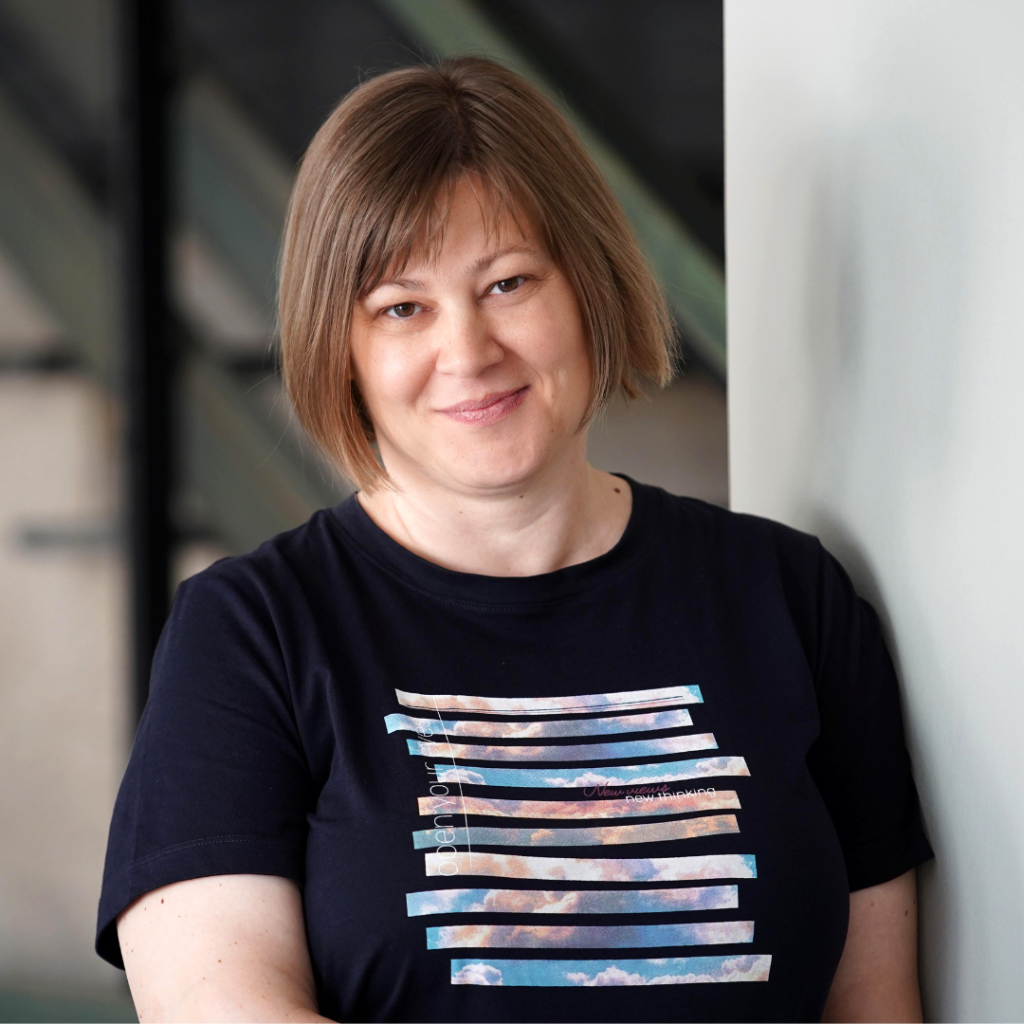
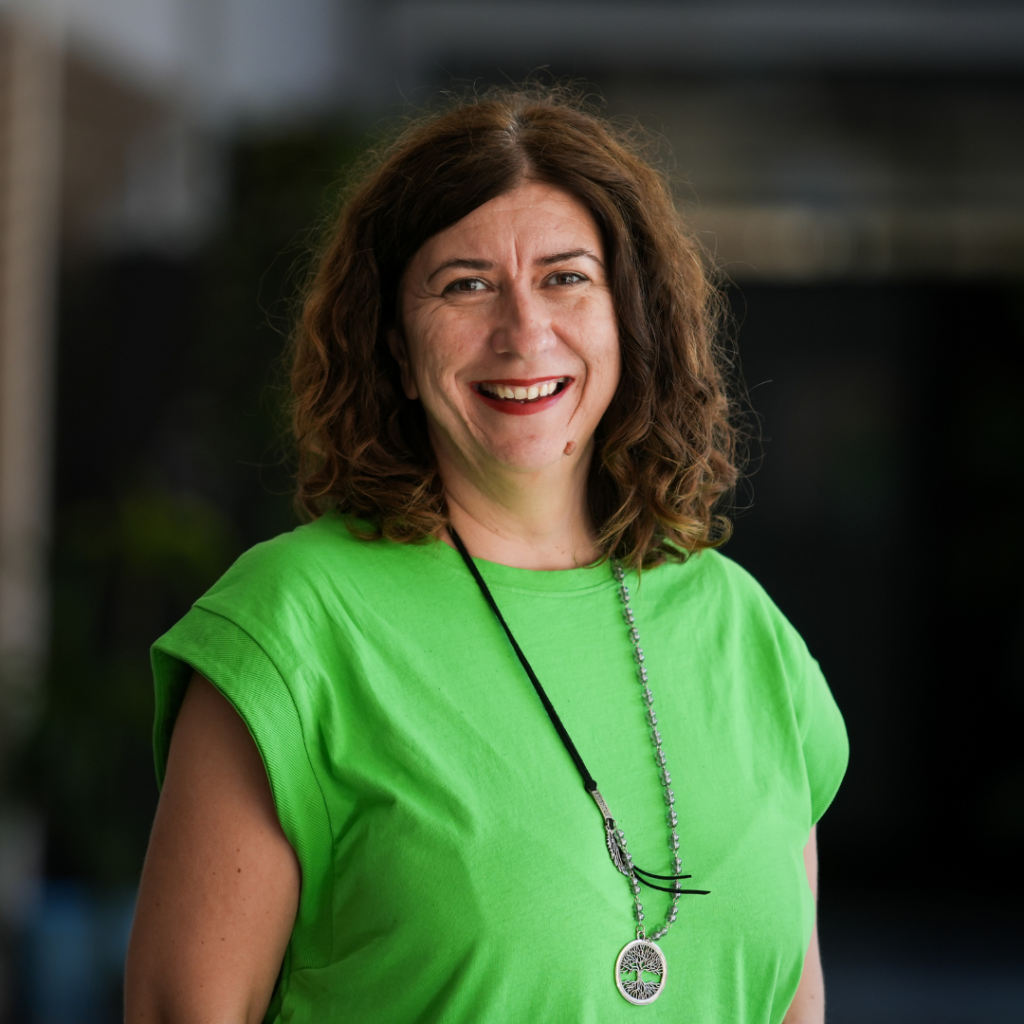
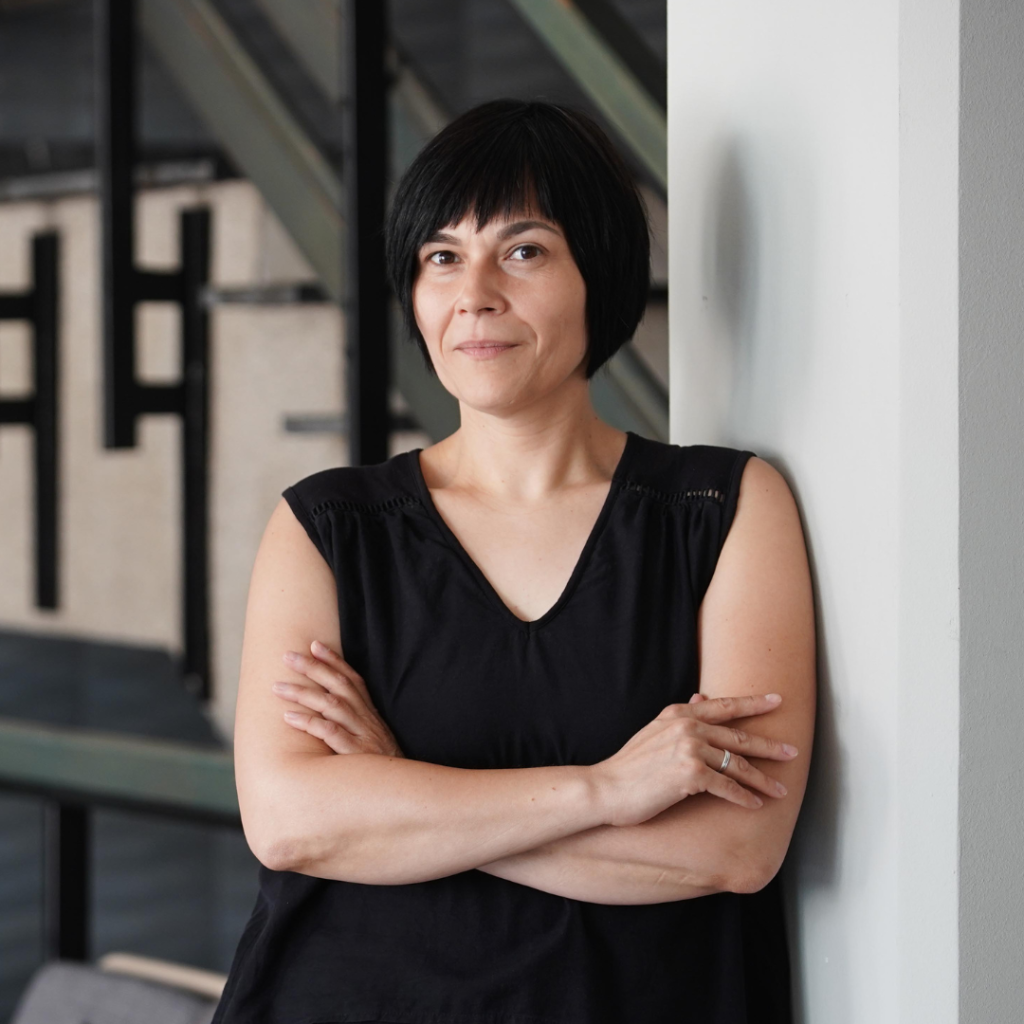
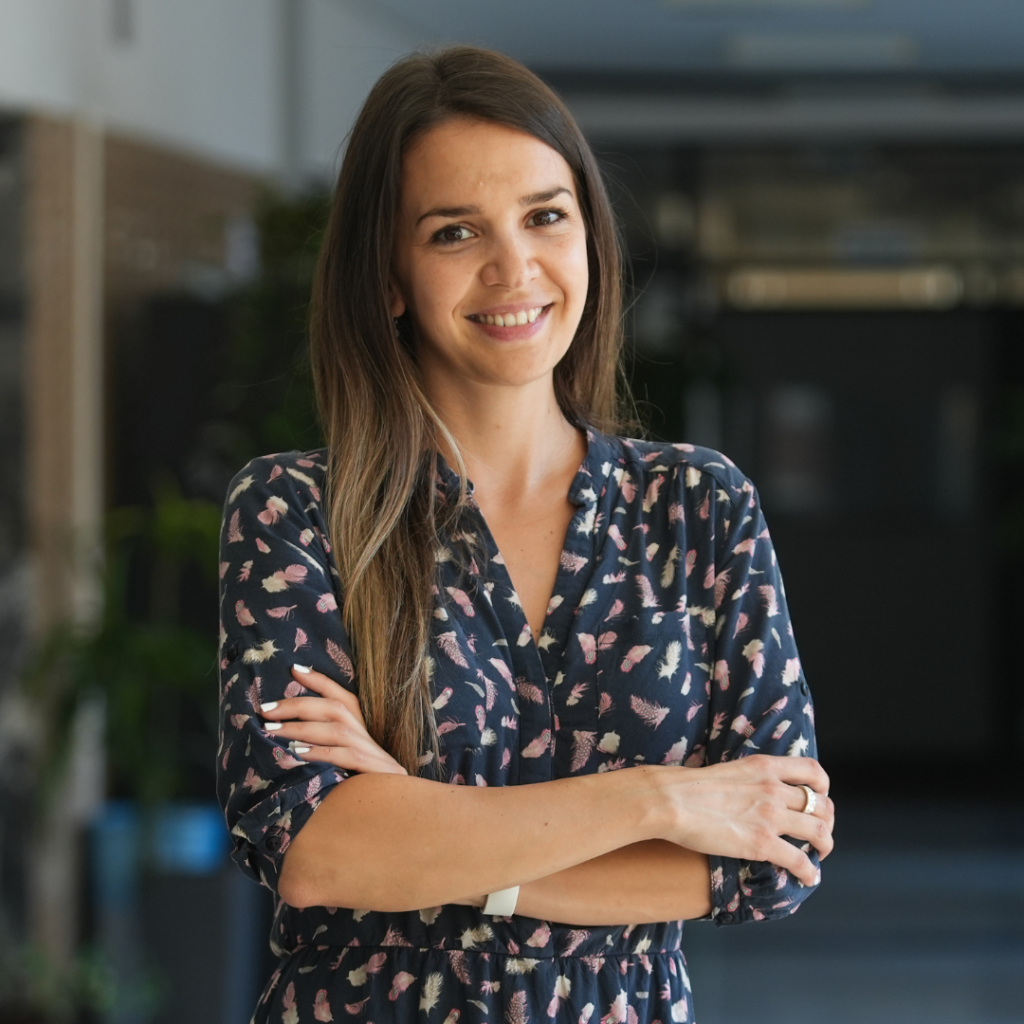
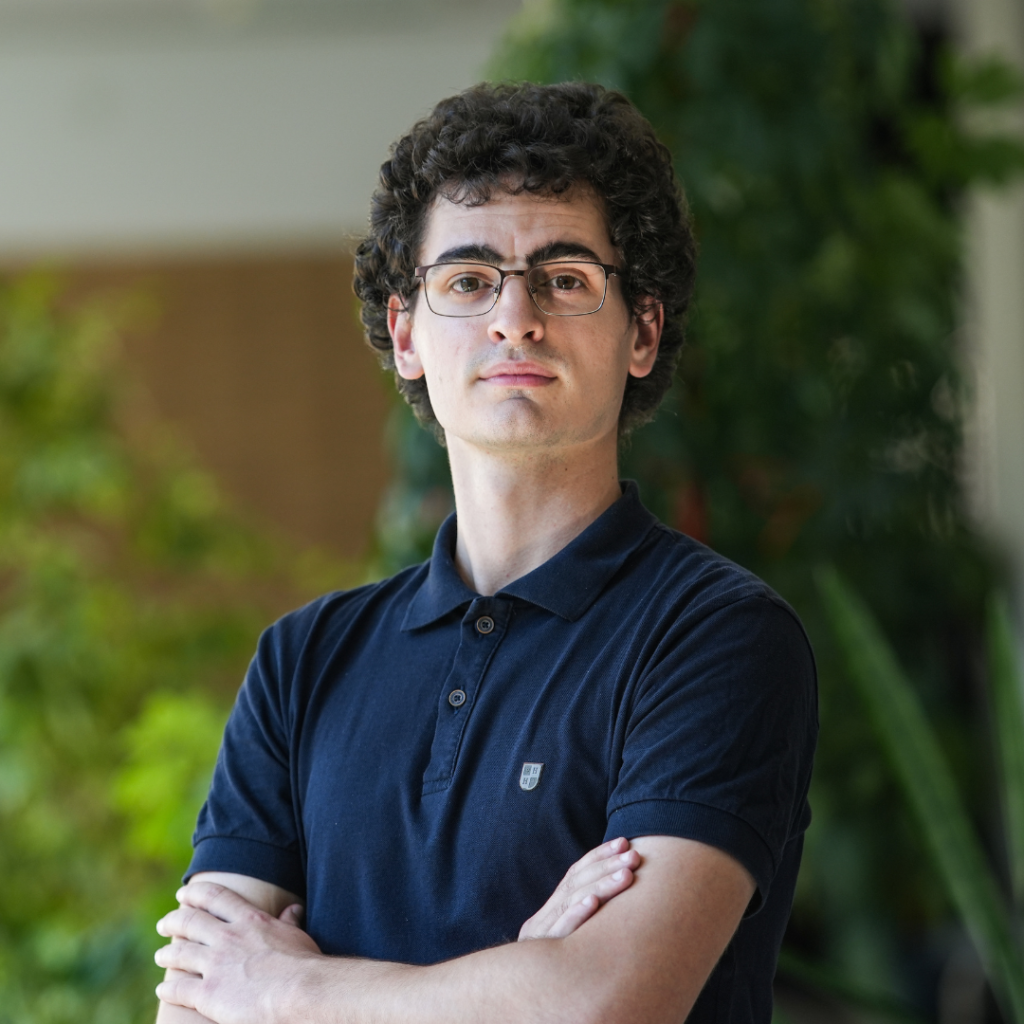
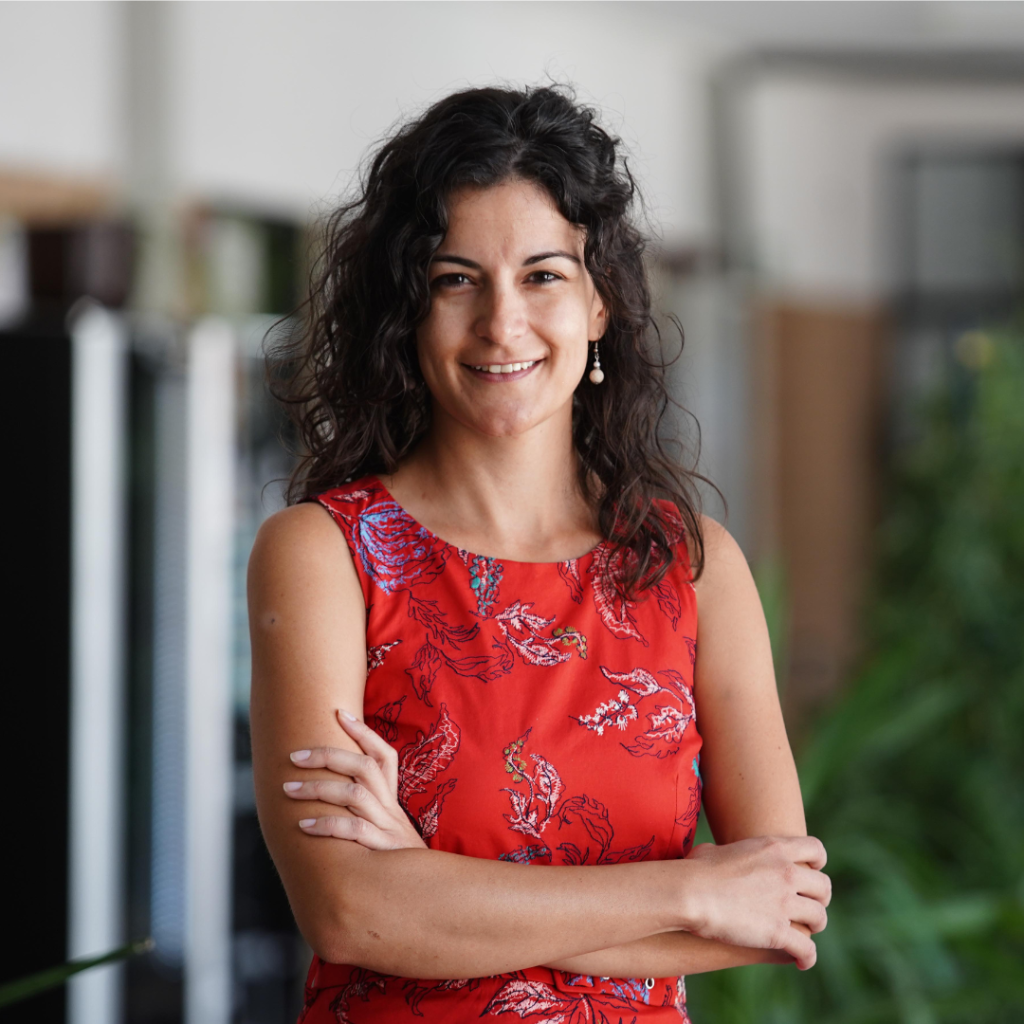
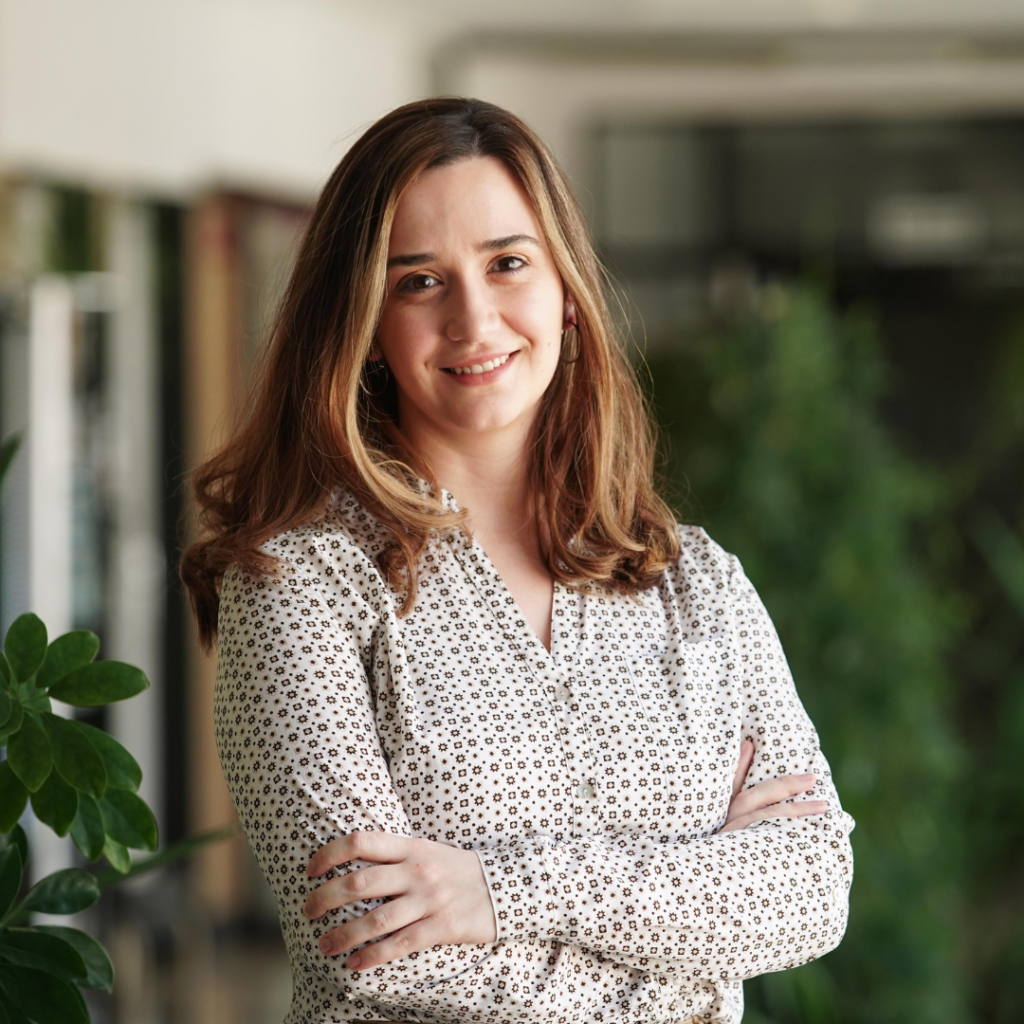
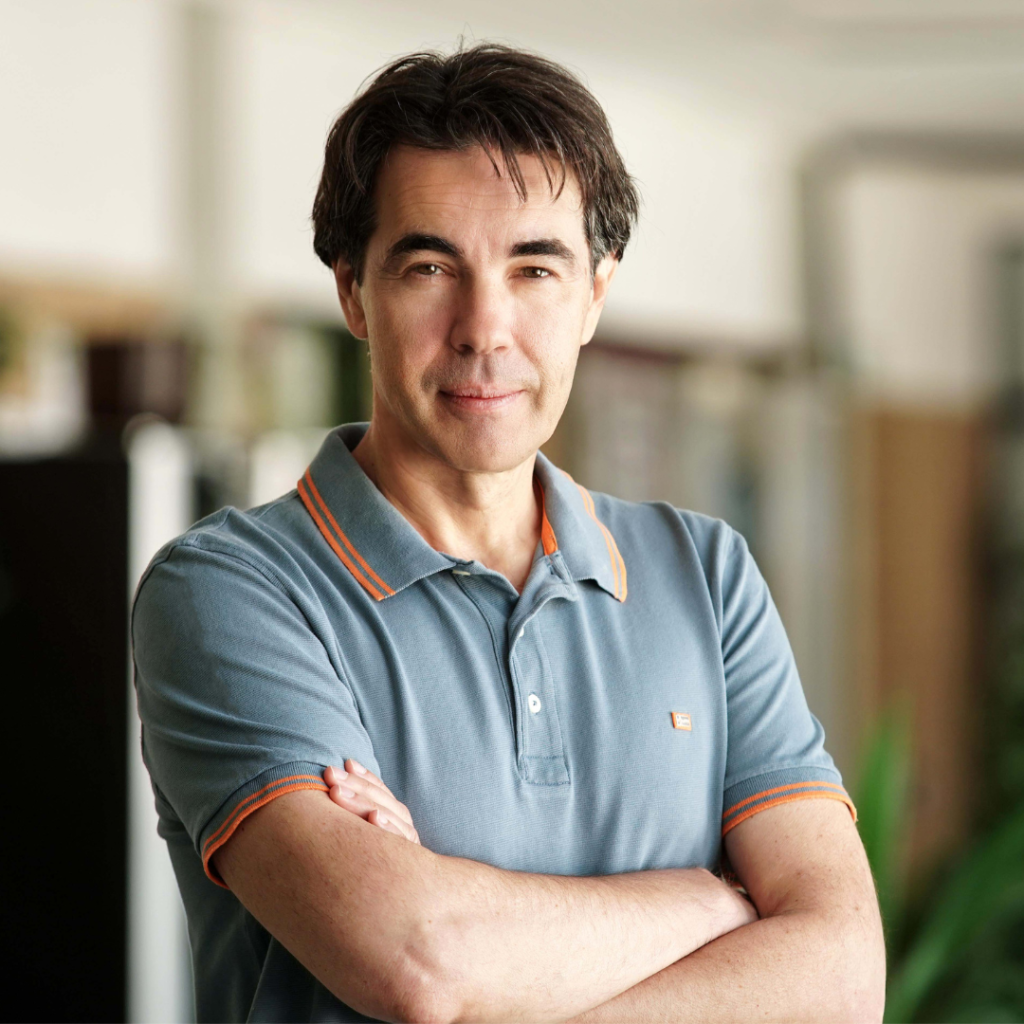
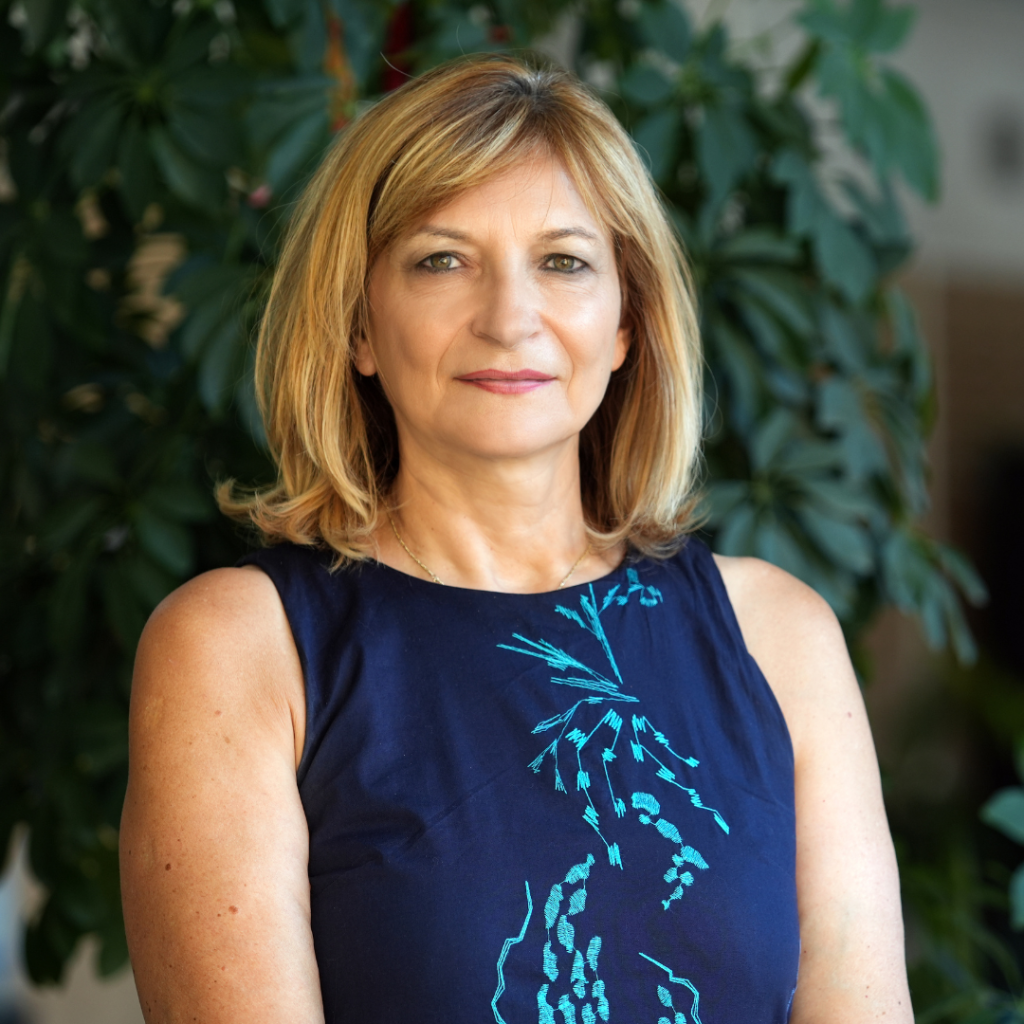
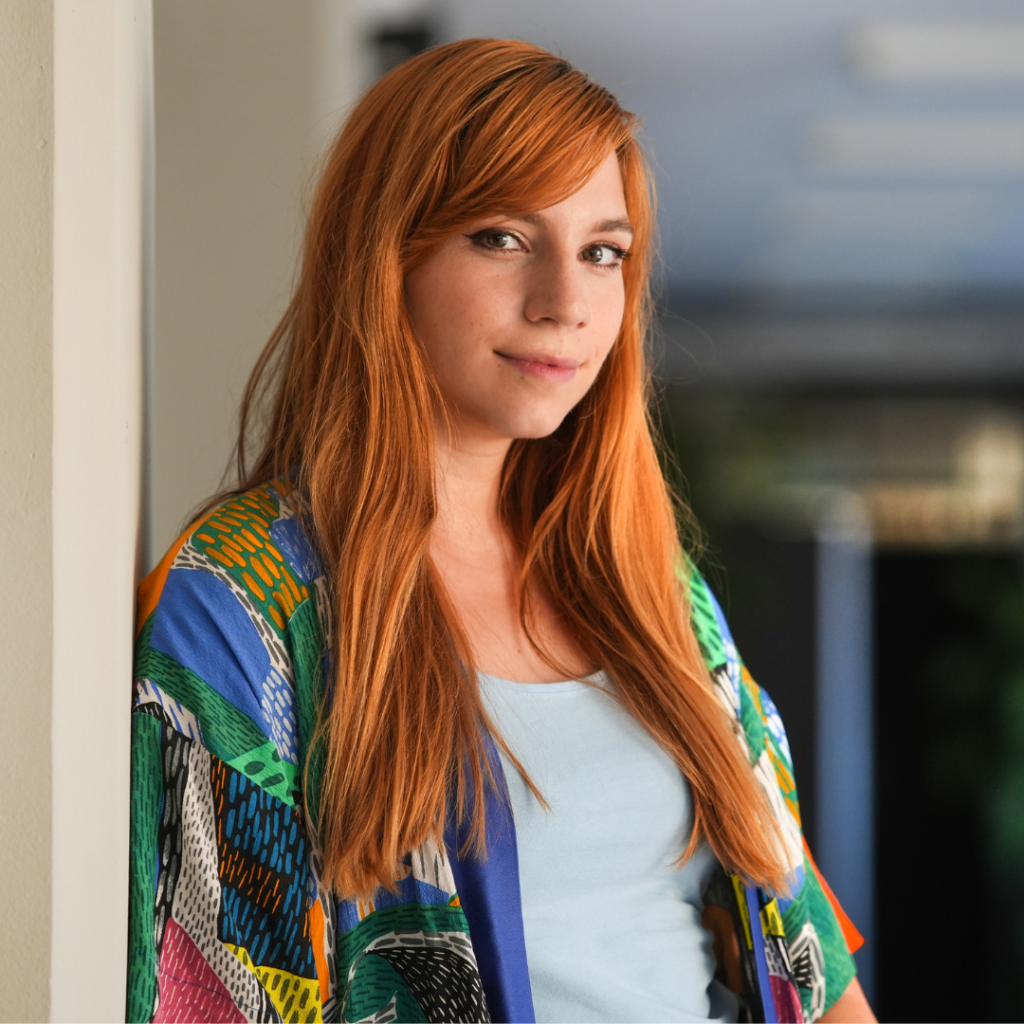

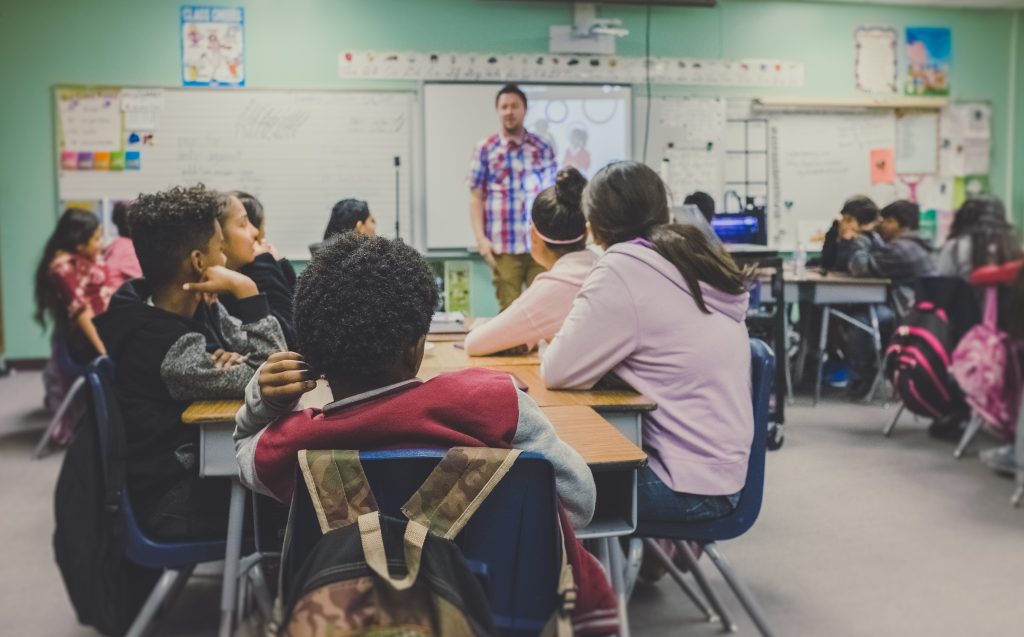
Our school partners
Places where you learn how to solve problems by working together!
Schools are our important partners in the project, the research and the creating of programs for adolescents that will help them to better cooperate with each other in solving various problems.
